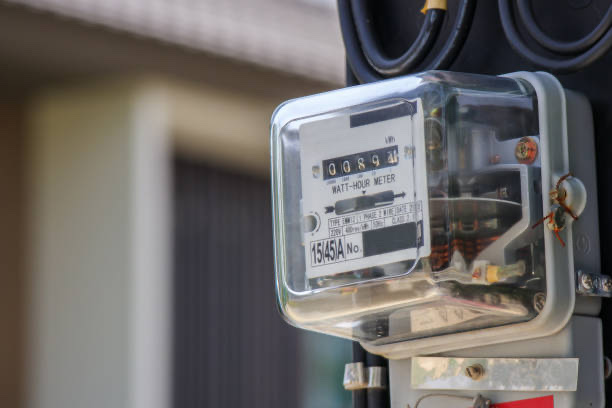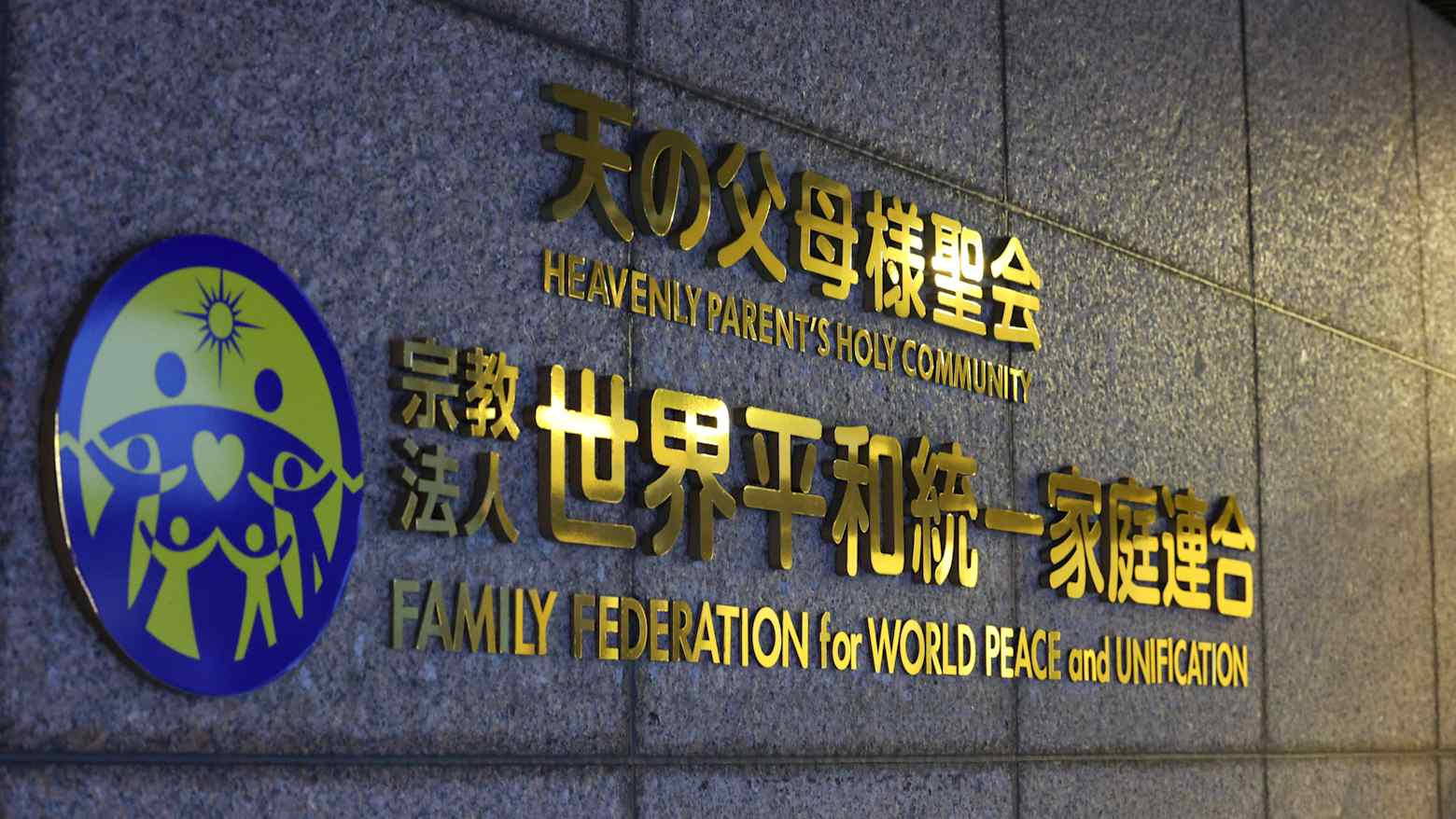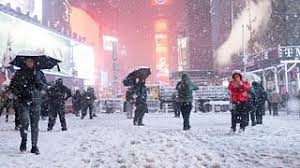News
Nigeria’s Widening Metering Gap and Rising Estimated Billing Customers

Nigeria is facing significant challenges in its effort to eliminate estimated billing by the end of 2024. The recent increase in the number of customers on estimated billing across the country’s electricity distribution companies (DisCos) highlights these hurdles. According to the Nigeria Electricity Report by the National Bureau of Statistics (NBS) for the first quarter of 2024, there has been a 10% quarter-on-quarter increase in estimated billing customers, widening the metering gap.
Key Findings
- Increase in Estimated Billing Customers:
- The number of customers on estimated billing rose from 5.83 million in Q4 2023 to 6.43 million in Q1 2024, marking a 10% increase.
- Year-on-year, the number of estimated billing customers increased by 8%, from 5.96 million in Q1 2023.
- Challenges and Government Subsidies:
- The government continues to subsidize customers not on Band A, while Band A customers on estimated billing still pay based on estimation.
- This increase highlights the persistent inability to adequately meter all customers, leading to a reliance on estimated billing.
- DisCo-Specific Data:
- Ibadan Electricity Distribution Company (IBEDC): Recorded the highest number of estimated billing customers at 1.41 million in Q1 2024, up from 1.37 million in the previous quarter.
- Enugu Electricity Distribution Company (EEDC): Saw a significant increase to 765,662 customers from 709,104 in Q4 2023.
Customer and DisCo Disputes
The reliance on estimated billing often leads to disputes between consumers and DisCos. Many consumers feel that the estimates are inflated and do not reflect their actual consumption, prompting calls for more accurate metering.
Regulatory Actions
The Nigeria Electricity Regulatory Commission (NERC) fined 11 electricity distribution companies a total of 5 billion Naira for non-compliance with mandatory capping of estimated billing for unmetered customers.
Metering Progress and Challenges
- Metered Customer Growth:
- The report shows a modest 5% quarter-on-quarter increase in metered customers, from 5.61 million in Q4 2023 to 5.91 million in Q1 2024.
- Year-on-year, metered customers increased by 11%, from 5.31 million in Q1 2023.
- DisCo Challenges:
- DisCos face financial constraints, logistical issues, and regulatory hurdles in closing the metering gap.
- Abuja Electricity Distribution Company (AEDC): Increased its metered customers to 892,028 in Q1 2024.
- Benin Electricity Distribution Company (BEDC): Raised its metered customers to 672,179 in Q1 2024.
Total Customer Base
The total number of customers served by DisCos in Nigeria has shown consistent growth:
- In Q1 2024, the total customer base grew to 12.33 million from 12.12 million in Q4 2023, a quarter-on-quarter rise of 2%.
- Year-on-year, this represents a 9% increase from 11.27 million in Q1 2023.
Notable DisCo Data:
- Ibadan Electricity Distribution Company (IBEDC): Highest total number of customers at 2.48 million in Q1 2024.
- Enugu Electricity Distribution Company (EEDC): Substantial customer base with 1.39 million in Q1 2024.
- Abuja Electricity Distribution Company (AEDC): 1.46 million customers, reflecting a significant presence in the capital region.
Presidential Campaign and Policy Implementation
President Bola Tinubu’s campaign manifesto outlined plans to eliminate estimated billing and ensure all Nigerian homes and businesses are equipped with prepaid meters. Despite these intentions, the number of estimated billing customers has seen the largest growth rate both quarterly and yearly under his administration, based on data up to 2022.
Financial and Operational Impact
The rise in estimated billing has led to collection losses for DisCos. Revenue collected by DisCos dropped by approximately 1.13%, from N294.95 billion in Q4 2023 to N291.62 billion in Q1 2024. This decline underscores the financial strain on DisCos and the urgent need for comprehensive metering solutions.
Conclusion
Addressing the metering gap requires concerted efforts from all stakeholders, including government support, investment in metering infrastructure, and improved regulatory frameworks. While there has been progress in increasing the number of metered customers, the rate of growth is insufficient to counterbalance the rapid rise in estimated billing customers. Comprehensive metering is essential for efficient billing, revenue collection, and overall customer satisfaction in Nigeria’s electricity sector.
News
Japanese Court Upholds Dissolution Order Against Unification Church

A Japanese appeals court has upheld an order to dissolve the controversial Unification Church, rejecting the group’s attempt to overturn a lower court ruling.
The Tokyo High Court on Wednesday denied the church’s appeal, affirming last year’s decision by the Tokyo District Court to disband the organisation following accusations that it manipulated followers into making excessive financial donations.
Japan’s education and culture ministry had argued that the group coerced members into contributing vast sums under the guise of religious devotion. The church maintained that such donations were legitimate religious activities, but the appeals court dismissed that defence.
The Unification Church — often referred to as the “Moonies” — faced heightened scrutiny after the 2022 assassination of former prime minister Shinzo Abe. The gunman, Tetsuya Yamagami, said he targeted Abe due to perceived links between the politician and the church, which he blamed for financially ruining his family. Yamagami, 45, was sentenced to life imprisonment in January and has since appealed.
The dissolution order is unprecedented in Japan for a religious organisation over a civil offence. While it strips the church of its tax-exempt status and requires asset liquidation, it does not prohibit the group from continuing religious activities.
With the appeal rejected, the order is expected to take immediate effect, though the church may still challenge the decision at the Supreme Court.
Founded by the late Sun Myung Moon, who was regarded by followers as a messianic figure, the church has long been controversial. Investigations following Abe’s assassination uncovered ties between the organisation and numerous conservative lawmakers, intensifying public and political scrutiny.
According to the district court’s earlier ruling, the church collected approximately 20.4 billion yen (about $130m) from more than 1,500 individuals.
Chief Cabinet Secretary Minoru Kihara said government agencies have been instructed to work on relief measures for victims, expressing hope that the liquidation process would proceed under court supervision to ensure swift compensation.
News
Mexican drug lord ‘El Mencho’ buried in golden coffin

Infamous Mexican drug lord Nemesio Oseguera Cervantes, widely known as “El Mencho”, has been buried in a gold-coloured coffin during a heavily guarded funeral in western Mexico.
The 59-year-old founder of the Jalisco New Generation Cartel (CJNG) died after being wounded in a firefight between his bodyguards and Mexican special forces deployed to capture him in late February.
Long regarded as Mexico’s most-wanted man, Oseguera was also the subject of a $15m reward offered by the US Department of State for information leading to his arrest.
His death sparked a wave of retaliatory violence across at least 20 Mexican states, with cartel members reportedly setting vehicles ablaze and blockading major roads.
The funeral took place near Guadalajara in Jalisco, a longstanding stronghold of the CJNG. Members of Mexico’s National Guard were deployed in force to deter further unrest during the ceremony.
Large floral arrangements were delivered ahead of the service, including a tribute shaped like a rooster — a nod to Oseguera’s reported passion for cockfighting.
The procession featured a live band playing ranchero music and narcocorridos, a genre known for songs that glorify drug traffickers. Local media reported that the traditional song El Muchacho Alegre was performed as the coffin arrived at a chapel within the cemetery grounds.
After a ceremony lasting about an hour, mourners — many wearing face masks to conceal their identities — followed the casket to the graveside.
News
US Warns of Imminent Iranian Attack on Saudi Oil Hub as Regional Tensions Escalate

The United States embassy in Saudi Arabia has issued an urgent security alert warning of potential imminent missile and drone attacks over the eastern city of Dhahran.
US citizens in the area have been instructed to shelter in place and review emergency security procedures. Dhahran, located on Saudi Arabia’s oil-rich eastern coast, hosts a US consulate and is home to the headquarters of state energy giant Saudi Aramco, making it a strategically sensitive location.
The warning comes as hostilities between the US, Israel and Iran intensify. US President Donald Trump said it was now “too late” for talks with Tehran, reinforcing Washington’s hardening stance amid continued military operations.
Meanwhile, Pakistan confirmed that at least 300 Iranian nationals have crossed into its territory as Israeli and US strikes continue across Iran. The southwestern province of Balochistan, which borders Iran, has long been volatile due to separatist insurgencies and security challenges.
Islamabad faces a delicate balancing act. While relations with Washington have strengthened in recent years — including Pakistan’s nomination of President Trump for a Nobel Peace Prize — domestic dynamics are complex. Although Pakistan is a Sunni-majority nation, it has significant Shia communities, many of whom oppose military action against Iran.
Elsewhere in the Gulf, the media office in Fujairah in the United Arab Emirates reported that debris from an intercepted drone caused a fire. Authorities said the blaze was quickly extinguished and no injuries were reported.
-

 News1 week ago
News1 week agoBritish Tourist Among 19 Victims in Tragic Nepal Bus Crash
-

 News1 week ago
News1 week agoMore than 5,000 flights cancelled as major snow storm blasts US north-east
-

 News1 week ago
News1 week agoTrump’s Global Tariff Rollout Begins at 10% Amid Policy Adjustments
-

 News1 week ago
News1 week agoLouvre Director Steps Down Following Jewel Heist and Security Review
-

 Entertainment1 week ago
Entertainment1 week agoRobert Carradine, dies aged 71
-

 News5 days ago
News5 days agoTram derails in Milan, leaving one dead and dozens injured
-

 Sports1 week ago
Sports1 week agoMan Utd ruled out signing Osimhen ‘because of Afcon’
-

 Sports1 week ago
Sports1 week agoJoshua crash driver case adjourned to March










